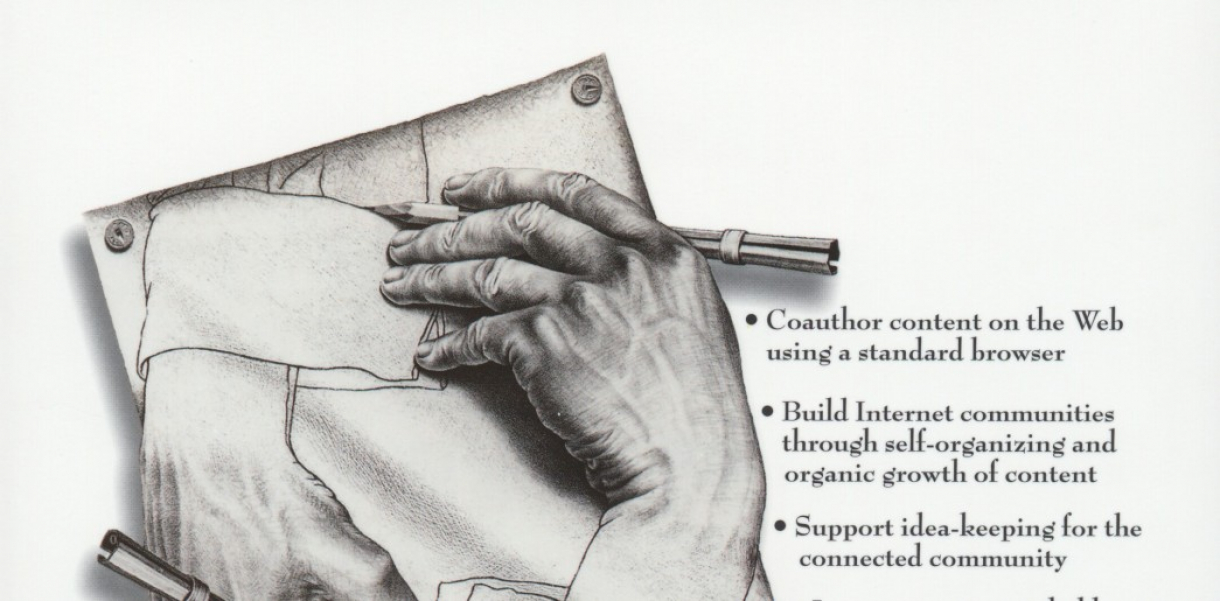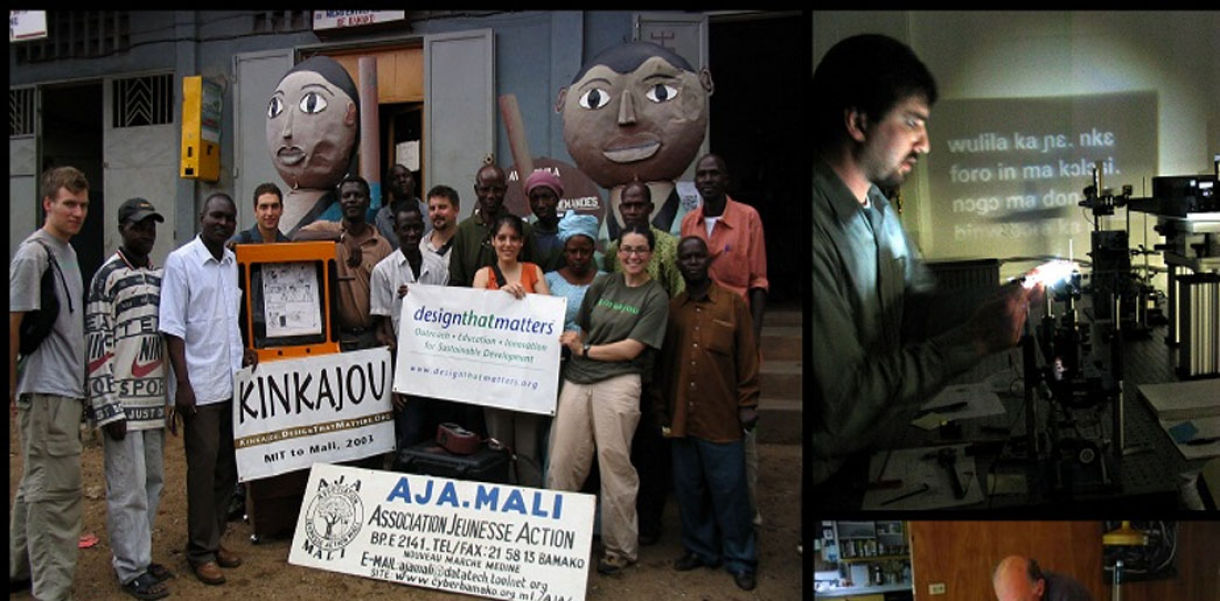The role of blogs as an alternative journalistic voice in the U.S. 2004 elections marked the emergence of the blog as a major political, cultural, and social force. The next step in that revolution is coming from something called Wiki--software that allows not just one but thousands to contribute to a site quickly and easily. One of Wiki's first fruits is Wikipedia.org, a free online encyclopedia of 1 million-plus articles that has been whipped together entirely by volunteers in just four years.
Wiki is a community on a shoestring: quick and easy to implement, easy to maintain, informal in tone, and thus totally open. Wiki-based Web sites invite collaboration and rely on trust to prosper. Anyone can see and comment on what others post--say, a contribution on the history of Pittsburgh. Peer pressure generally stops people from posting incorrect or overly opinionated entries.
Functionality and use of design
Wiki is a piece of server software that allows users to freely create and edit Web page content using any Web browser. Wiki supports hyperlinks and has a simple text syntax for creating new pages and crosslinks between internal pages on the fly.
Wiki is unusual among group communication mechanisms in that it allows the organization of contributions to be edited in addition to the content itself.
Like many simple concepts, "open editing" has some profound and subtle effects on Wiki usage. Allowing everyday users to create and edit any page in a Web site is exciting in that it encourages democratic use of the Web and promotes content composition by nontechnical users. The Wiki concept of open collaborative Web authoring through browser text fields needs to be understood within the larger context of online collaborative tools (message boards, guestbooks, mailing list archives, chat rooms, etc.) The Wiki software handles all the technical gruntwork of weaving in new contributions. Wiki makes it so easy for large groups to cooperate on big projects.
How did this design improve life?
Internet Tapping the World's Brainpower with Wiki Blog software revolutionized the Web by making it easy for pundits to post their scoops and diatribes quickly and with little computer expertise. The role of blogs as an alternative journalistic voice in the U.S. 2004 elections marked the emergence of the blog as a major political, cultural, and social force. The next step in that revolution is coming from something called Wiki--software that allows not just one but thousands to contribute to a site quickly and easily. One of Wiki's first fruits is Wikipedia.org, a free online encyclopedia of 1 million-plus articles that has been whipped together entirely by volunteers in just four years.
Wiki is a community on a shoestring: quick and easy to implement, easy to maintain, informal in tone, and thus totally open. Wiki-based Web sites invite collaboration and rely on trust to prosper. Anyone can see and comment on what others post--say, a contribution on the history of Pittsburgh. Peer pressure generally stops people from posting incorrect or overly opinionated entries. The Wiki software handles all the technical groundwork of weaving in new contributions. And because Wiki makes it so easy for large groups to cooperate on big projects, companies are beginning to use it, too.
Despite the steadily-increasing number of wikis on the Web and the wide array of freely available implementations (the WikiEngines page at the Portland Pattern Repository, located online at www.c2.com/cgi/wiki, lists over 80 engines written in more than two dozen programming languages), wikis have largely managed to escape the sort of media and press attention that's been lavished on their personal web publishing cousins, weblogs. Of late, however, they're enjoying a somewhat higher profile, as demonstrated by the recent publication in the New York Times of an article on wikis, focusing on their use within the enterprise ("Business Is Toying With a Web Tool", May 19th, 2003).
Whether or not they fit the "quirky software technology" mold ascribed to them by the writer of the Times piece, there's something undeniably cool about the Wiki concept of open collaborative Web authoring through browser text fields.
Bo Leuf and Ward Cunningham, originator of the Wiki concept and creator of the first wiki, are also coauthors of The Wiki Way, the definitive book on Wikis, but Leuf seems to be the primary author by a wide margin. Cunningham's contribution to the book appears to consist primarily of the source for the QuickiWiki Wiki clone used for illustrative purposes throughout the text and included on the bundled CD-ROM (in addition to the full source for a number of other clones).
Drawbacks of life improvement
Some critics worry that Wiki is perhaps just too open and chaotic for some people and some situations - it is an acquired taste, to be sure. There is also criticism on the question of whether the practice of locking pages against further editing is in keeping with the nature of Wiki: "Why have a locked wiki when you can instead just post static Web pages?".
Designed by
Bo Leuf & Ward Cunningham - Sweden






